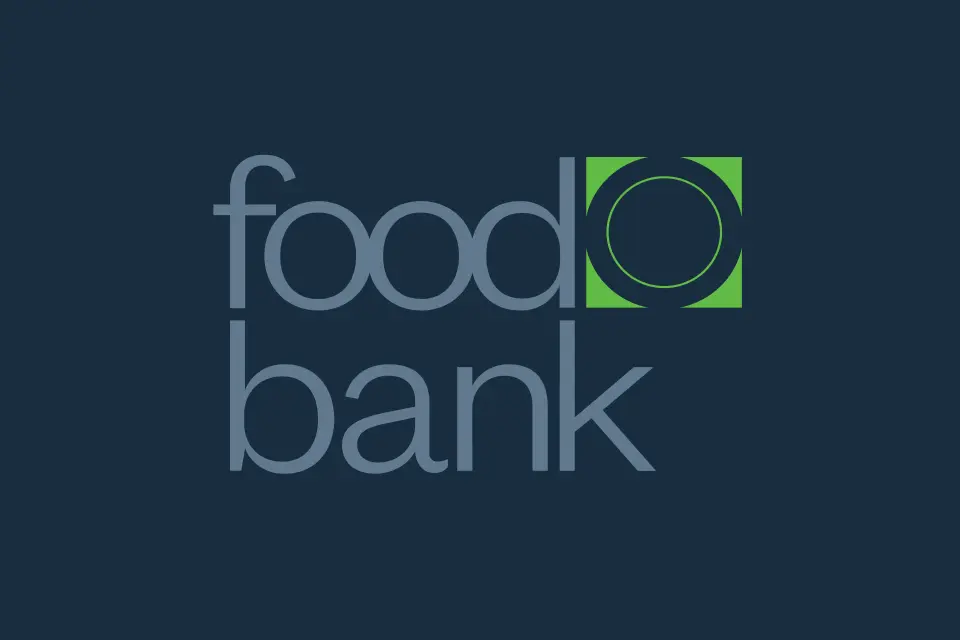What to expect from the government shutdown — and action you can take to help end it
Has your family been impacted by the shutdown? We're here to help.
Our network of 700+ pantries, no-cost markets, and meal sites is moving mountains to make sure federal workers and military families have access to food during the shutdown. No matter where you live, chances are there's a location near you.
Explore Additional Resources
Communities across North Carolina are facing the worst hunger crisis in a generation.
More than 607,000 people in our region — 1 in 7 of our neighbors — don’t know where their next meal might come from. These are not distant statistics; these are the people we pass in the grocery store, at school pick-up, or in the waiting room at the doctor’s office. The massive cuts to lifelines like SNAP and Medicaid passed this summer are already straining families who were barely making ends meet, and unless rolled back, they will deepen an already urgent hunger crisis.
SNAP is the first line of defense against hunger. While our Food Bank network provides more than 100 million meals to local families every year, SNAP provides nine meals for every one we provide. It is one of the most efficient and impactful anti-hunger tools we have, and it keeps family-supporting jobs in our communities: every $1 in SNAP benefits generates more than $1.50 in local economic activity, especially important in rural areas.
Medicaid, likewise, ensures that families don’t have to choose between putting food on the table or paying for healthcare. If the cuts to Medicaid move forward as planned, more families will be pushed deeper into poverty, and local pantries and meal sites will see demand at levels we cannot possibly meet alone. The drastic cuts passed by Congress this summer are already forcing too many North Carolina families to make impossible choices between food, medicine, and rent.
Support imacted families. Make your voice heard.– Amy Beros Food Bank President & CEOCuts to lifelines like SNAP and Medicaid passed this summer are already straining families who were barely making ends meet and rolling them back is critical to preventing an even deeper hunger crisis. While no one wants a long-term shutdown that creates uncertainty for thousands of families, the real crisis is the ongoing assault on programs that have long protected children, seniors, veterans, and working families. We urge congressional leaders to rescind these cuts immediately and restore full funding to SNAP and Medicaid.

Even in this difficult moment, we must be clear: no one wants a long-term government shutdown.
The longer it lasts, the more uncertainty it will create for thousands of families in North Carolina who depend on federal services, benefits, and paychecks. Though the impact would not be immediate, a lengthy shutdown is likely to delay our USDA food deliveries as federal workers face furloughs. This includes two critical programs:
- The Emergency Food Assistance Program (TEFAP), which provides a significant portion of staple foods and produce to our network.
- The Commodity Supplemental Food Program (CSFP), which supports seniors with monthly food boxes alongside resources provided by the Food Bank.
But make no mistake: the real crisis is the ongoing, intentional dismantling of the federal safety net. These programs have been supported by Republicans and Democrats alike for decades because they work — they are among the most effective tools we have to combat hunger and poverty. A so-called “clean” Continuing Resolution that allows these irresponsible cuts to stand will only worsen the crisis.
That’s why we are calling on congressional leaders to stop the dysfunction and rescind the harmful cuts to SNAP and Medicaid.
The longer a shutdown lasts, the more families will face hunger and the more uncertainty we’ll see in our communities. Protecting the safety net is not partisan; it is about protecting children, seniors, veterans, and working families who deserve the dignity of food on the table and access to healthcare.
Together, we can make sure no one in North Carolina has to face hunger alone
Whether this shutdown lasts a day, a week, or a month, we know that children, adults, and seniors across our region will face hardship without a functional, inclusive federal government. And while we work with our federal delegation to bring an end to this impasse, we want to make sure everyone in our communities knows that food remains available to all who need it. Everyone is welcome across our network of 700+ free food markets, pantries, meal sites, and delivery programs.
Food remains available to all who need it.
Noticias y actualizaciones
Ver todas las noticias
Market on Greenfield Celebrates One Year Serving Wilmington Families

Food Resources & Support for Families in Richmond County

Honoring Governor Jim Hunt’s Legacy

Black History and the Fight to End Hunger
Manténgase conectado con el Banco de Alimentos
Regístrese para recibir correos electrónicos con actualizaciones, recursos y formas de participar.